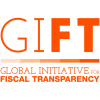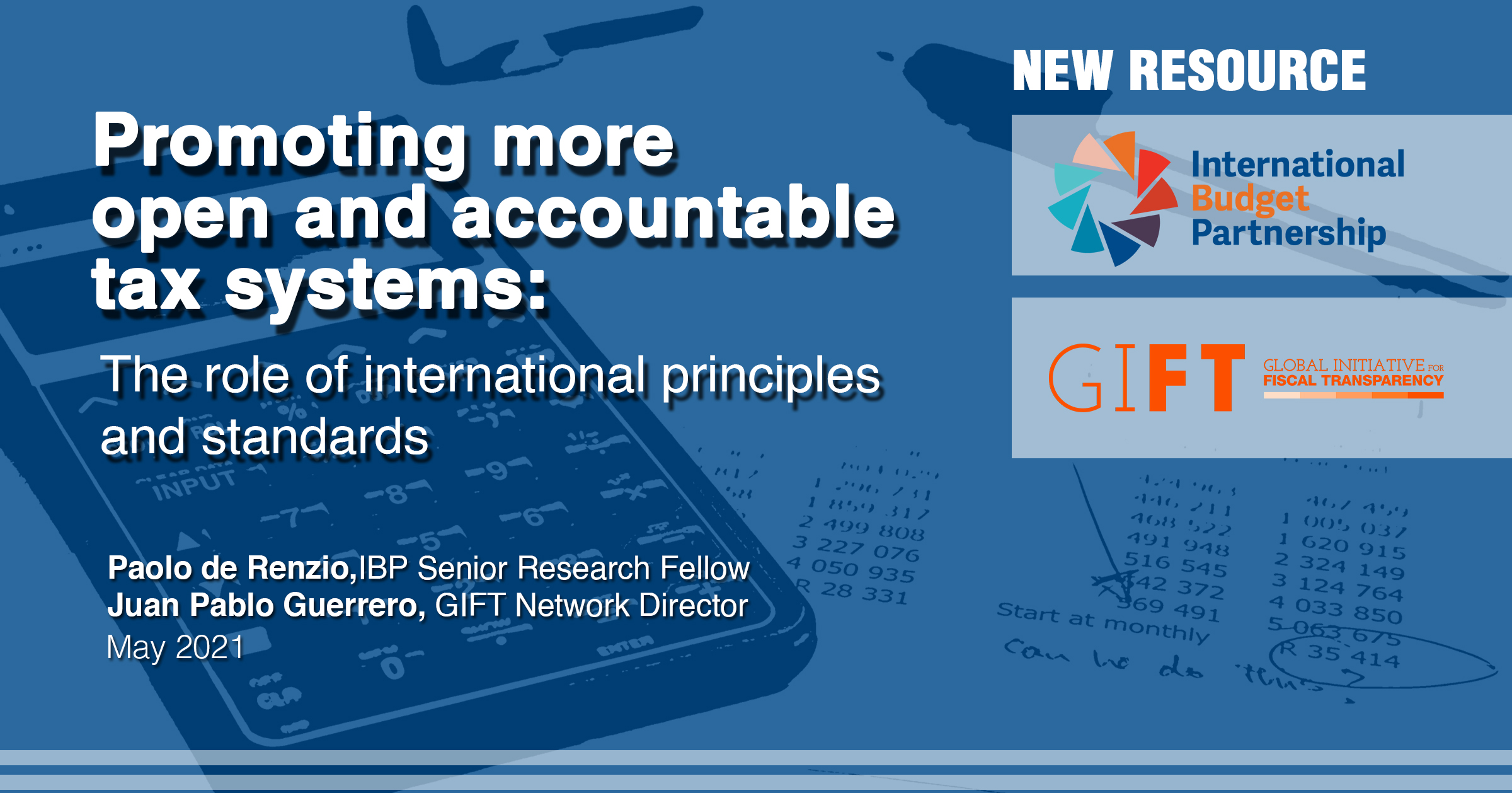The International Budget Partnership’s Tax Equity Initiative and the Global Initiative for Fiscal Transparency elaborated a study to determine the information and tools that civil society organizations typically need to be able to engage in constructive dialogues with governments on the national level and on tax reform and administration. With the support of the Gates Foundation and the World Bank Group, GIFT and IBP wanted to extract a set of lessons on the conditions, settings, processes, and methods required to promote strong civil society engagement in the revenue side of fiscal transparency. The research sought to address questions about the conditions that are necessary to promote strong civil society engagement on tax policy and administration and how civil society can be equipped with the tools and information necessary for the public to be able to engage in domestic tax debates and tax reform processes.
This work is leading the GIFT network to call for a comprehensive discussion on the matter and in producing draft global principles on tax transparency that will serve as an input into the global discussion on the minimum standards required. The objective will be to guide governments in their efforts to disclose information on the revenue side of the fiscal equation, thereby facilitating civil society’s strong participation in informed public debates on tax reform.
This brief shows that despite the growing attention and importance of taxation in international development debates, there is no consensus about what revenue transparency means or entails among governments and other actors, nor full clarity on how to promote transparency, participation and accountability around domestic taxation. Members of the public and civil society organizations have traditionally been excluded from important decisions around taxation, which have often been dominated by powerful vested interests. Their contributions could help ensure that tax systems raise revenues more equitably and more effectively.
However, existing international norms and standards on revenue transparency and accountability are fragmented and limited in their scope. As such, they do not address a number of civil society needs and concerns regarding access to revenue information and opportunities to engage in decision making around tax policy and administration.
The brief on tax transparency proposes that a new set of broad principles on promoting transparency, participation and accountability in domestic tax systems is needed. These should be designed through an inclusive multi-stakeholder process. A new set of agreed international principles would constitute a useful and necessary step in developing revised and more comprehensive norms and standards. This can benefit many different actors, including governments, CSOs and international actors, providing clear guidelines for practices and reforms at country level.
|



